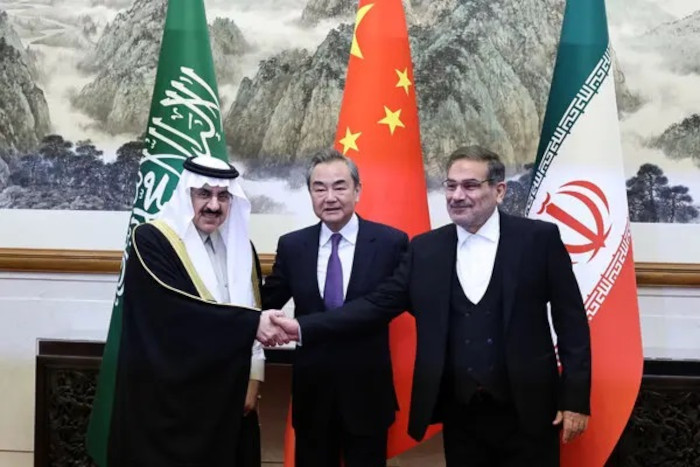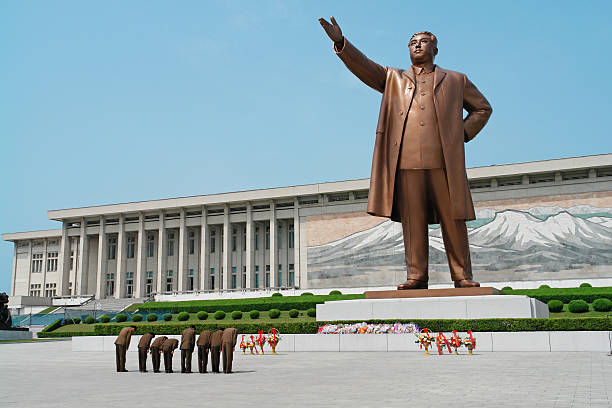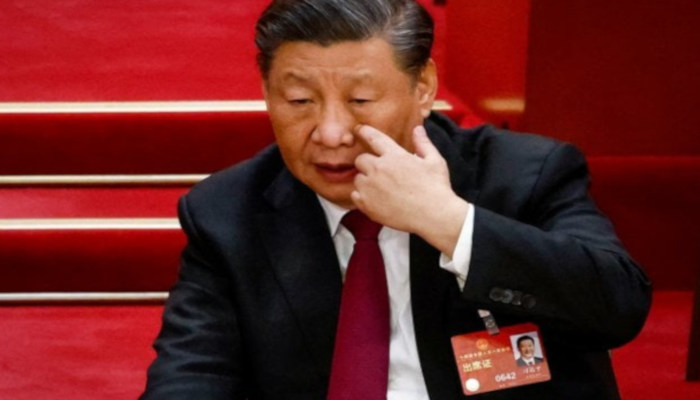
Last week’s deal between Iran and Saudi Arabia brokered by China is a significant success for Beijing, and it could as well change the shape of the Middle East.
Still, it’s not clear in which direction it could spin. It may bring benefits to everybody, or it might also increase conflict in the region.
The first proof of the pudding will be in Yemen. Some 24 hours after the deal, the two local factions fighting a proxy war in the southwestern tip of the Arabian Peninsula agreed to a comprehensive exchange of prisoners. It came after a cease-fire held since October.
In Yemen, the Saudis support the Sunni original Sanaa government, recognized by the United Nations, while the Iranians back the Shiite Houthi rebels. The war is a decade long and has drained the coffers of both patrons.
The Chinese-sponsored agreement comes from their two weaknesses.
The Saudis felt exposed in their security since the United States backed off from old warm ties after the Riyadh establishment’s 2018 assassination of journalist Khashoggi. Riyadh also needed some security cover vis-à-vis Tehran because the Yemen war didn’t stop the Houthis.
On the other hand, Iran was undercut in its regional ambitions since protests against the ayatollah’s rule were not completely squashed and have forced the religious leadership to a few compromises.
The consequences of the agreement could be massive. If the peace holds in Yemen, all three could stretch their influence to Africa through Islamic Eritrea and Christian Ethiopia, just across Djibouti, home of a Chinese base.
On the northeast, good old ties between China and the Saudis with Pakistan could help get Islamabad’s support in stabilizing Afghanistan. If that works, China would basically have a land route from its Western region of Xinjiang to resources-rich Africa, bypassing the Indian Ocean and the watch of Delhi and the US Navy.
A comprehensive peace between Saudi and Iran run could also help decrease the militancy of Shiite Hezbollah groups in Lebanon and Palestinian territories.
Things could move even further. The Saudis have improved their ties with Israel, and Israelis provide at least part of the safety to the Saudi leadership, wary of extremists infiltrating their security details. Then a deal between Saudi and Iran could also translate into improved ties with Israel and Iran. If it happens, then a significant obstacle to a better relationship between Iran and the United States could be removed.
In other words, the present deal could also pave the way to get the United States back into Iran.
These are possibilities; the next few months will be crucial to see how any movement will go. Besides Yemen, Hezbollah will be essential to gauge Iranian commitment to a regional settlement.
However, if Israel is put aside in the new “Chinese Middle East,” if the United States is marginalized, a new set of difficulties could arise. US and Israel still have a significant influence and many interests in the region.
In fact, India and Turkey should also be included in a new arrangement as they also have interests in the new geopolitical outline.
If China moves carefully and wisely, it could avoid many past mistakes in promoting the Belt and Road Initiative.
With the war in Ukraine, Russian declining influence is creating a void that is not just as easily replaceable by China. China should try to work with all active interests and not against any of them. Damascus is a place where many things could move forwards or backward.
There the Assad rule has been propped up by the Russians. But as they could be much weaker after the war’s end in Ukraine, Assad may need another patron, or it could shake and fall. With this, the entire precarious balance in Syria and Iraq could be compromised. A question is: what is the new triple entente cordiale thinking of doing there?
It could also bring the side benefit of recreating some of the trust it lost with the United States and its neighbors in the past two decades. Or, it could also backfire. Iran and Saudi Arabia are complex and volatile customers; they could erratically explode or move against China.
Only a couple of weeks earlier, on February 24, China introduced its 12-point peace plan for war in Ukraine. The international reception was lukewarm, but Ukrainian president Volodimir Zelensky was ready to give it some credit.
Beijing is stepping up its diplomatic initiative, apparently trying to squeeze in where the US is not making too much progress. But these initiatives needn’t be considered hostile to America.
As for Ukraine, it has long been clear that Russia lost all its political goals in the invasion (controlling Ukraine, dividing Europe, and expelling the US from Europe). No future military victory can make up for that. Besides, Russia is still losing on the battlegrounds. Therefore, what is left is to try to prevent some of Russia’s potentially catastrophic fallouts of its defeat and end the useless slaughter as soon as possible.
China’s peace plan de facto recognizes that Moscow can’t win, as it promised a year ago, and thus it is nudging away from Russian president Vladimir Putin. If China is willing to distance itself from Moscow and it can be of some help for peace here, why not? Then, if China is proving more agile on the diplomatic front, maybe so should America.









